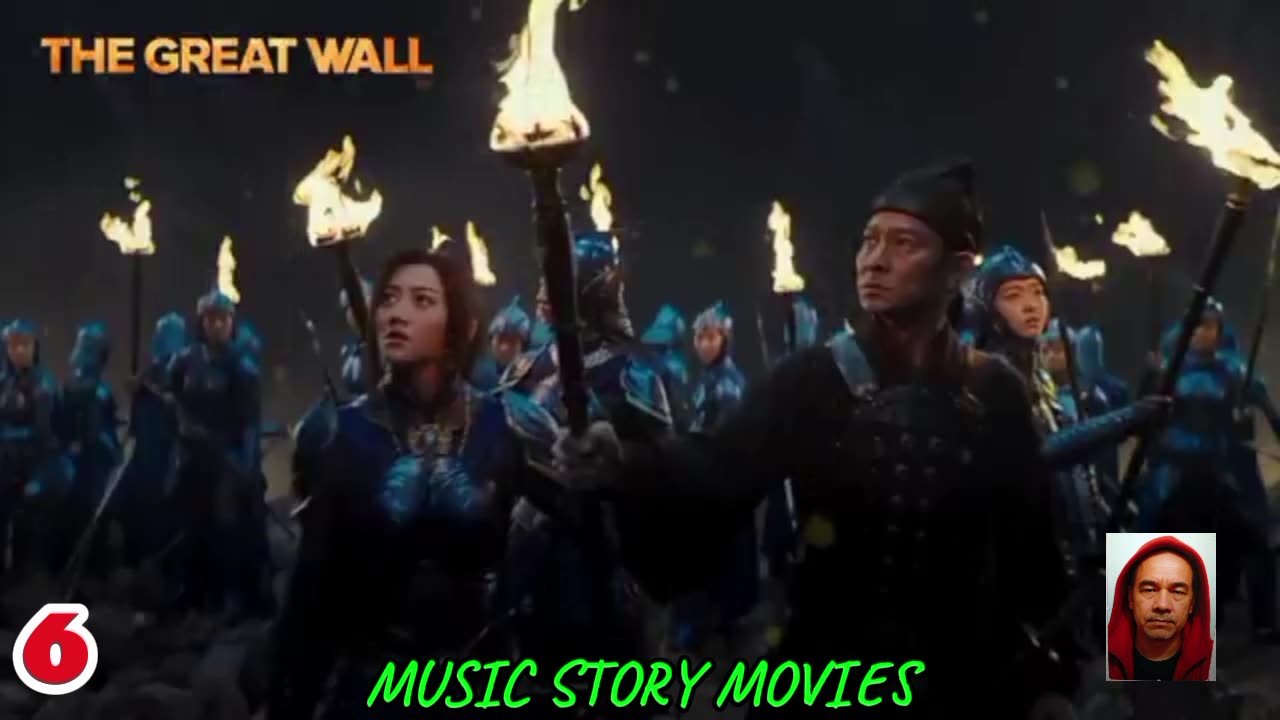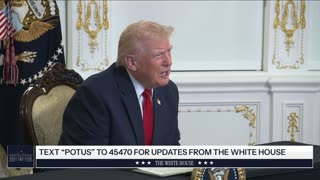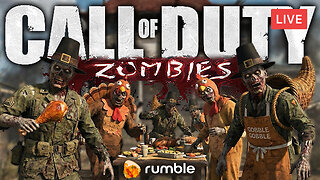Premium Only Content

The Great Wall
The Great Wall Analysis
The Great Wall, focusing on the themes of cultural exchange and the clash of East-meets-
*East Meets West: Cultural Exchange and Ideological Clashes (Part 6/20)*
One of the most intriguing aspects of _The Great Wall_ is its attempt to bridge Eastern and Western narrative traditions. The film brings together a cast of Chinese and international actors, set against the iconic backdrop of the Great Wall of China, a symbol of ancient Chinese power and engineering. However, this blending of cultural elements also leads to a complex interplay of themes that explore the collision and confluence of Eastern and Western ideologies.
*A Tale of Two Worlds*
The story juxtaposes the rigid, disciplined world of The Nameless Order, representing traditional Chinese values of duty, honor, and collective sacrifice, with the more individualistic, pragmatic approach of William, the European mercenary played by Matt Damon. William’s character serves as a conduit for the audience to experience the unfamiliar world of ancient Chinese military strategy and philosophy. His outsider perspective often leads to comedic misunderstandings but also provides a lens through which the audience can question and reflect on both Eastern and Western approaches to conflict and heroism.
*Cultural Symbolism and the Great Wall*
The Great Wall itself is a powerful symbol in the film, representing both physical and ideological boundaries. For The Nameless Order, the Wall is a sacred structure built to protect civilization from chaos and barbarism. For the Tao Tei, it is a barrier to be breached, symbolizing their role as forces of nature that transcend human constructs. This dichotomy reflects broader themes of order versus chaos, a central concept in Chinese philosophy.
*Clash of Ideologies*
The film subtly critiques both Eastern and Western approaches. The strict adherence to tradition and duty by the Chinese characters is contrasted with William’s more flexible and survival-oriented mindset. While The Nameless Order’s dedication to their cause is portrayed as noble, it is also shown to be sometimes rigid and detached from the broader human cost. Conversely, William’s pragmatism, while effective in his survival, is often at odds with the collective ethos of the Order.
*A Missed Opportunity for Deeper Cultural Dialogue?*
Some critics have argued that _The Great Wall_ leans too heavily on familiar action movie tropes and doesn’t fully delve into the deeper cultural and historical nuances it sets up. The potential for a more profound exploration of the historical interactions between China and the West during the period in which the film is set (the Song Dynasty) is significant but is only touched upon lightly. The film’s narrative choices often prioritize spectacle over a more nuanced engagement with these complex themes.
Nonetheless, _The Great Wall_ remains a visually stunning attempt at a cross-cultural epic, even if it doesn’t entirely succeed in balancing its ambitious thematic aspirations with its blockbuster format.
-
 LIVE
LIVE
The Quartering
10 hours agoThanksgiving Day Yule Log!
2,021 watching -
 15:32
15:32
IsaacButterfield
18 hours ago $0.31 earnedAussie Reacts To UNHINGED Woke TikToks!
8751 -
 3:24:28
3:24:28
PandaSub2000
10 hours agoNintendo Platformers - Thanksgiving 2025 Special | ULTRA BEST AT GAMES (Original Live Version)
13.5K2 -
 1:03:06
1:03:06
MetatronGaming
1 day agoThis is the scariest game ever (for an Italian)
8.59K1 -
 1:09:35
1:09:35
The White House
5 hours agoPresident Trump Participates in a Call with Service Members
24K46 -
 LIVE
LIVE
a12cat34dog
4 hours agoHAPPY THANKSGIVING - I APPRECIATE YOU ALL SO MUCH {18+}
107 watching -
 24:55
24:55
Jasmin Laine
1 day agoCarney BRAGS About ‘Investment’—Poilievre Drops a FACT That Stops the Room
20.2K21 -
 2:14:15
2:14:15
SIM_N_SHIFT GAMING
3 hours ago $0.72 earnedGRAND THEFT AUTO WITH FRIENDS
9.18K -
 6:43:27
6:43:27
VikingNilsen
13 hours ago🔴LIVE - VIKINGNILSEN - THE NEW PRELUDE - SOULFRAME
9.06K -
 7:45
7:45
Colion Noir
1 day agoThey Made Glock “Unconvertible” To Please Politicians, Guess What The Internet Did?
16.3K23